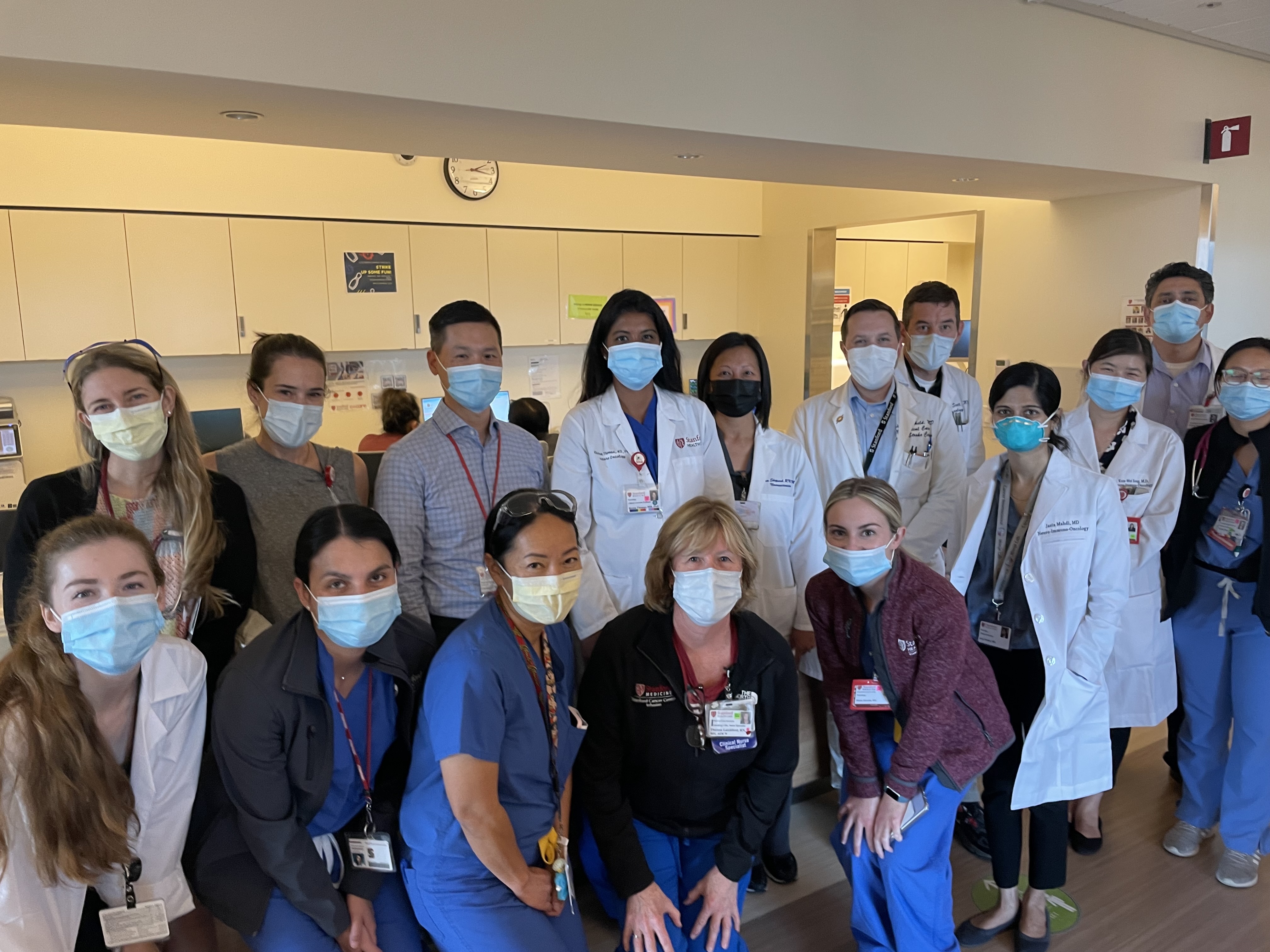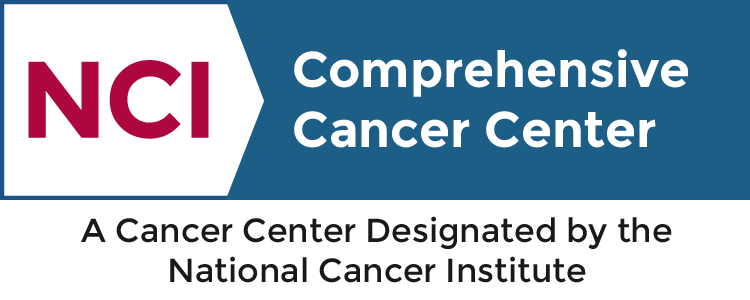The overarching goal of the Cancer Therapeutics Program is to foster collaboration across scientific and clinical disciplines in order to gain deeper insights into cancer’s underlying causes and develop more effective diagnostic, prognostic, and therapeutic approaches. The program brings together translational and clinical researchers, chemists, biologists, and biostatisticians who focus on projects that will have substantial clinical impact on solid tumors.
In the nexus of the Stanford Cancer Institute (SCI), we have been at the cutting edge of many therapeutic practices in the clinic, like the revolutionary utilization of chimeric antigen receptor (CAR)-T cells as a means to attack solid tumors.
We caught up with SCI member Reena Thomas, MD, PhD, a neuro-oncologist and trailblazer in the field of CAR-T cell therapy. She was the first researcher to implement CAR-T cells into solid tumor treatment at Stanford Health Care, and she continues to push the limits of what this novel therapy can do.
“My research focuses on clinical trials that allow the immune system to seek out and kill tumors and amplify the body’s natural immune response as well,” said Thomas.
She leads a clinical trial focusing on specializing these cells to attack glioblastomas, a form of aggressive, fast-growing tumor that originates in the brain. Her aim is to create a personalized approach to cancer treatment for these tumors, extracting T cells from the patient, modifying them to become tumor-specific, and deploying them back into the body.
Since 2016, there have been six FDA approvals for CAR-T cell-based therapy of blood cancer. To date, there have been no solid tumor therapies approved for the treatment of solid tumors, something Thomas is eyeing to break.
“My clinical trial represents a true opportunity to be a first for solid tumor treatment in the space of CAR-T cells. This is an opportunity to build an amazing, multidisciplinary team to advance patient care, and I’m really proud of the team we’ve built for this clinical trial to be successful,” she said.
Together, they have successfully hurdled some of the brain’s unique set of challenges to inject customized CAR-T cells directly into the glioblastomas, as opposed to the standard intravenous treatment that is the clinical standard of CAR-T cells when treating hematologic disease.
“We know that for brain cancer specifically, the disease starts in the brain and has a high morbidity rate because of that,” Thomas said.
When dealing with a highly sensitive area of the body like the brain, even the smallest harmful side effect can have great ramifications for patients’ wellbeing.
“The fact that we can bring treatment that is directly focused on the brain while sparing healthy brain tissue is quite unique.”
A Collaborative Crew
Thomas’s research is bolstered by the collaborations provided by being part of the SCI.
“The infrastructure needed to carry out this very complex clinical trial is all possible because of the comprehensive approach the SCI takes translating this discovery to individualize cancer care,” she said. “The CAR-T cell clinical trial is a true example of that. I get to work alongside my colleagues in neurosurgery, neurocritical care, neurohospitalist medicine, and medical oncology, because of that, we get to really learn from each other regarding the clinical care of these patients.”
In one day, Thomas is able to see her patients receiving CAR-T cell therapy, collaborate with colleagues from multiple clinical subspecialties as well as those overseeing basic science labs, all while not leaving the comfort of the Stanford campus. Having a consolidated clinical and academic workspace allows for a seamless patient-care experience. On the patient side, they can see different doctors from different modalities all in the same day as well, providing a more comprehensive and cohesive treatment experience.
“It takes a lot of dedicated team members to do what we do well, and at the end of the day we like to center the patients that we treat and their families that we take care of as the guiding light for everything that we do,” Thomas remarked. “I’ve been so thankful for patients and families that have been willing and able to take this journey with us. They’re the true heroes of what we do.”



